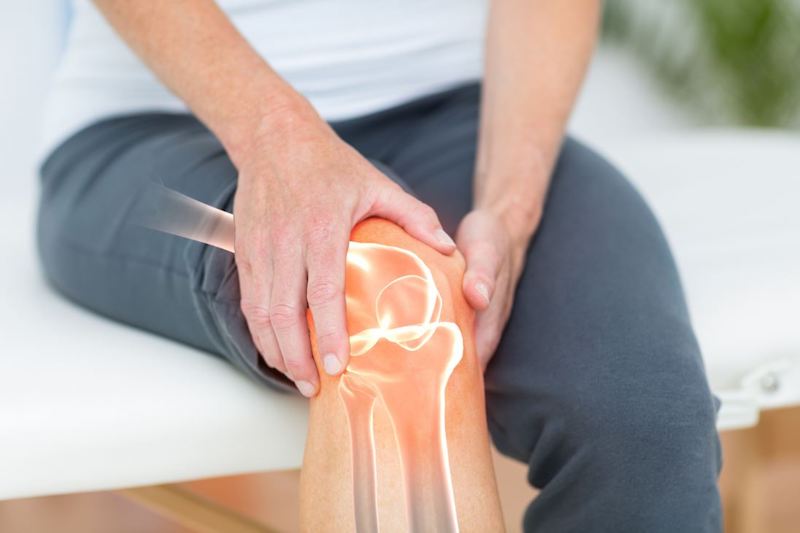Ask the experts... Arthritis

Self-management is key when it comes to arthritis. That’s why we collaborated with Arthritis Action and The Institute of Osteopathy to give you the opportunity to learn more about the condition. Last month, the panel of experts set up shop in our online clinic to answer all of your questions. From dietary changes to building muscle strength, they shared their best advice.
If you didn’t catch the clinic before it closed, here is a quick round-up of the best Q&As…
How can I exercise and build muscle when my joints are hurting?
Building and maintaining strength will help you to stay mobile and, strengthening the muscle around any joint usually leads to less experience of pain. You should listen to your body and start to keep a diary of your activities and relative pain levels if you have not already done so. Armed with a good idea of what activities do and don't work for you, you can then plan out activities and even try some new ones!
Perhaps look into water-based exercise or using resistance bands as a starting point and remember to give yourself rest days when you need them. Even a few minutes of gentle exercise can give long term health benefits and less pain.
I have clicky joints, will this lead to arthritis?
Physiotherapists don't consider clicky joints a problem unless it is painful. The clicking is called crepitus and is usually due to gas bubbles popping in the lubricant (synovial fluid) of your joints. It's quite normal for our joints to make these noises.
Clicking is not necessarily associated with arthritis. Osteoarthritis affects the surfaces of our joints which can cause them to become rougher. This may cause a cracking or crackling sound when we move (I've heard it described as velcro pulling apart). If you have joints that click regularly and are painful, it may be worth approaching your GP to ask for a referral to a physiotherapist for an assessment.
I think I have osteoarthritis in my thumb, what shall I do?
I would highly recommend chatting to your GP to find out where your local Hands Therapy unit is and to ask to be referred there. The hands therapists are specialist physiotherapists and occupational therapists who are highly trained and experienced in hand and wrist conditions. They will be able to diagnose your thumb pain, recommend useful exercises for you, and possibly help with pain relieving strategies such as heat, ice, bracing and compression.
Is arthritis genetic?
Some types of arthritis do run in families (particularly rheumatoid arthritis and axial spondyloarthropathy) but just because a member of your family has this condition doesn’t mean you will go on to develop arthritis. There are lots of other relevant environmental factors like smoking or diet and lifestyle that can all contribute to developing arthritis. Sometimes osteoarthritis in the fingers does run in families (notably in women) but again this is not inevitable.
Can I still run with arthritis?
If I had mild osteoarthritis, I would not focus on running as my sole exercise. I would suggest making running an occasional exercise that you do as part of your exercise routine. Doing other things like swimming and cycling will reduce the amount of jarring or impact on your joints whilst keeping your exercise plan regular and varied.
Your GP could refer you to your local physiotherapist who will be able to design an individualised, targeted exercise programme for you to help strengthen and protect your knees. Arthritis Action may also be able to refer you to a good physiotherapist or osteopath who can help.
Will losing weight help my arthritis?
Losing a little weight will benefit not only your general health but also your daily experience of pain. When we lose weight we directly reduce the load on our bearing joints like hips and knees. Losing just one pound of body fat equates to decreasing the load on our joints by four pounds. It's worth trying to combine a good diet with exercise to try to reduce your weight healthily.
If you want to learn more about the different types of arthritis, we have loads of great resources on our talkarthritis hub. Check it out today!
Information contained in this Articles page has been written by talkhealth based on available medical evidence. The content however should never be considered a substitute for medical advice. You should always seek medical advice before changing your treatment routine. talkhealth does not endorse any specific products, brands or treatments.
Information written by the talkhealth team
Last revised: 17 February 2022
Next review: 17 February 2025
